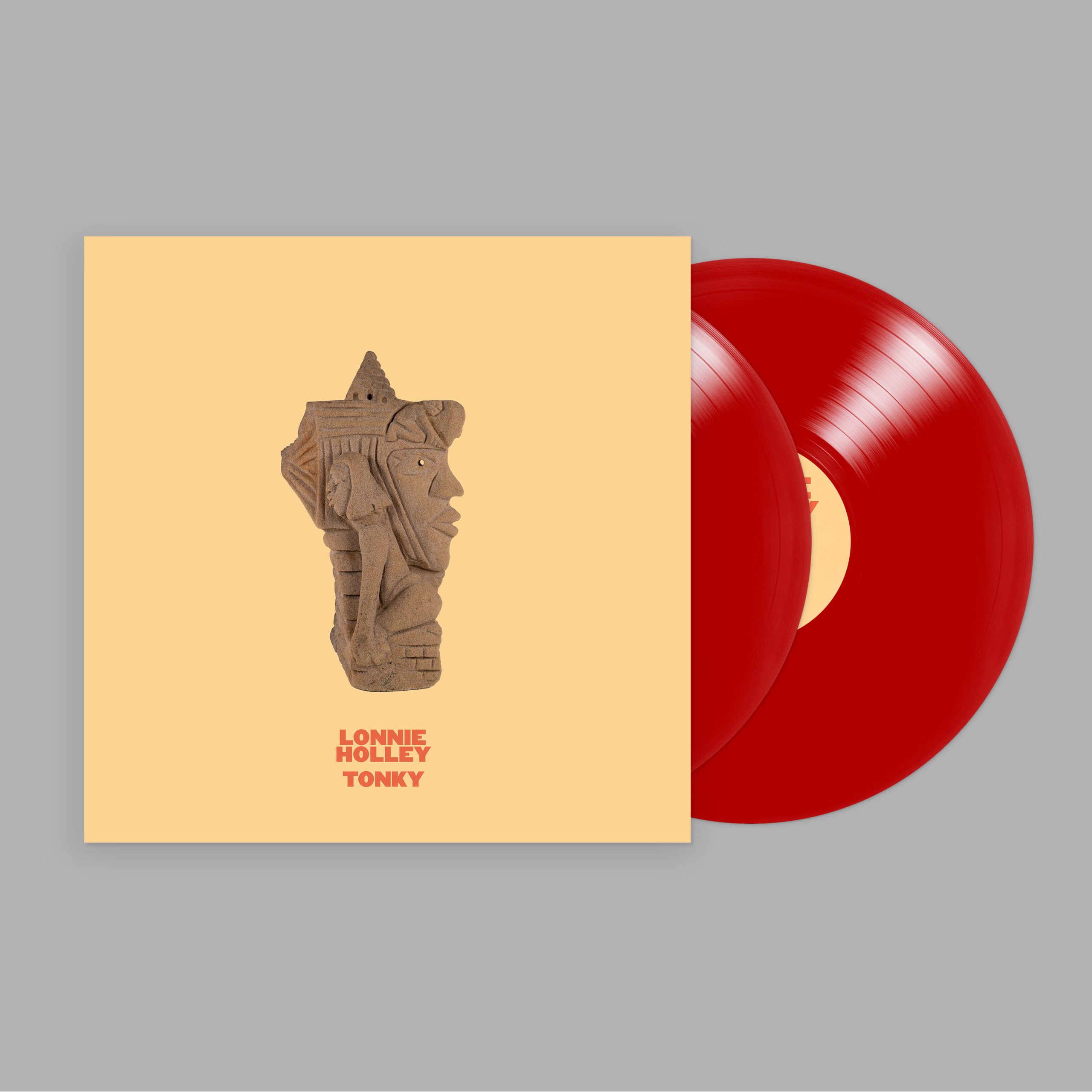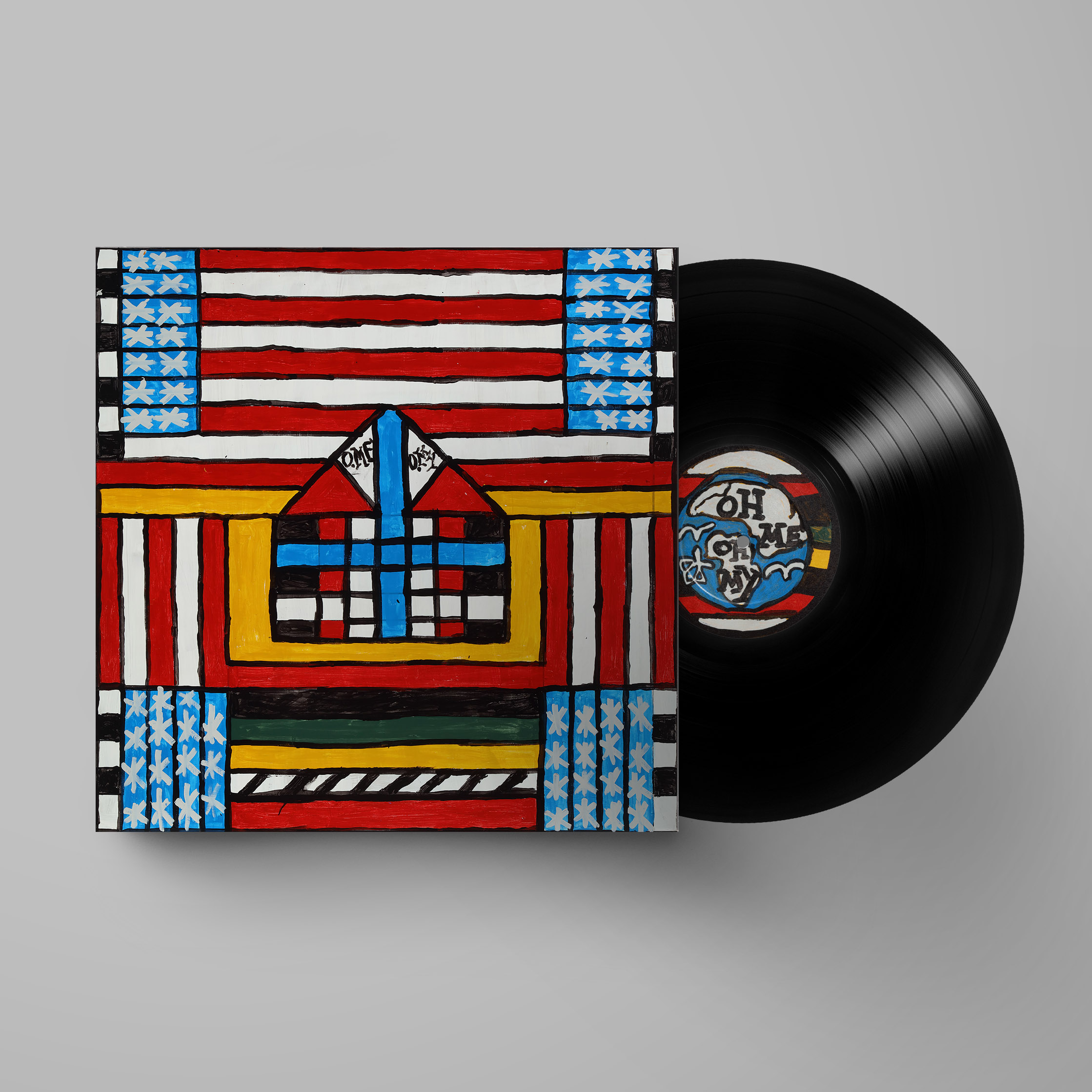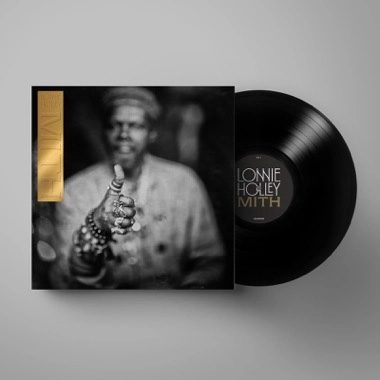Lonnie Holley
Store
Bio written by Hanif Abdurraqib
There are poets like the great Mary Oliver, who might suggest that one’s primary function when moving through the world, for as long as they have life and the ability to move through the world, is to play close attention to that which others may foolishly call small, or quotidian. The brain and heart are both containers, with as much space as you wish for them to have, and to live is to create collections of found affections. Sounds from your beloved and familiar blocks, movements of the trees and the people beneath them, the way someone you adore may hold you for a few lingering seconds before releasing from a hug and vanishing into a crowded crosswalk. To think of our living, our making, and our loving in this way means that, at least for some of us, we may be propelled forward by the prospect of what’s next. What moment we can hold and place in our overflowing pockets.
There are poets like the great Mary Oliver, who might suggest that one’s primary function when moving through the world, for as long as they have life and the ability to move through the world, is to play close attention to that which others may foolishly call small, or quotidian. The brain and heart are both containers, with as much space as you wish for them to have, and to live is to create collections of found affections. Sounds from your beloved and familiar blocks, movements of the trees and the people beneath them, the way someone you adore may hold you for a few lingering seconds before releasing from a hug and vanishing into a crowded crosswalk. To think of our living, our making, and our loving in this way means that, at least for some of us, we may be propelled forward by the prospect of what’s next. What moment we can hold and place in our overflowing pockets.
The work of Lonnie Holley is, for me, a work of this kind of accumulation and close attention. The delight of finding a sound and pressing it up against another found sound and another until, before a listener knows it, they are awash in a symphony of sound that feels like it stitches together as it is washing over you. Tonky is an album that takes its name from a childhood nickname that was affixed to Holley when he lived a portion of his childhood life in a honky tonk. Lonnie Holley’s life of survival and endurance is one that required – and no doubt still requires – a kind of invention. An invention that is also rich and present in Holley’s songs, which are full and immersive on Tonky, an album that begins with its longest song, a nine minute, exhaustive marathon of a tune called “Seeds,” which begins with a single sparse sound and then expands. Chants, faint keys, strings, and atop it all, Holley’s voice, not singing, but speaking plainly about working the earth when he was young, the violence he endured in the process of it all, going to bed bloodied and in pain from beatings. The song expands into a metaphor about place, about the failures of home, or anywhere meant to protect you not living up to what it sells itself to be, even if you tirelessly work at it, work on it, work to make something worthwhile of it.
“Seeds” not only sets the tone for an album that revolves around rebirth, renewal, and the limits of hope and faith, but it highlights what Holley’s greatest strength as a musician is, to me, which is a commitment to abundance, and generosity. He is an incredibly gifted storyteller with a commitment to the oral tradition, such that many listeners (myself among them,) would be entirely content sitting at the feet of a Lonnie Holley record and turning an ear to his robust, expansive storytelling. But Tonky is an album as expansive in sound as it is in making a place for a wide range of featured artists to come through the door of the record and feel at home, no matter how they spend the time they get on a song.




